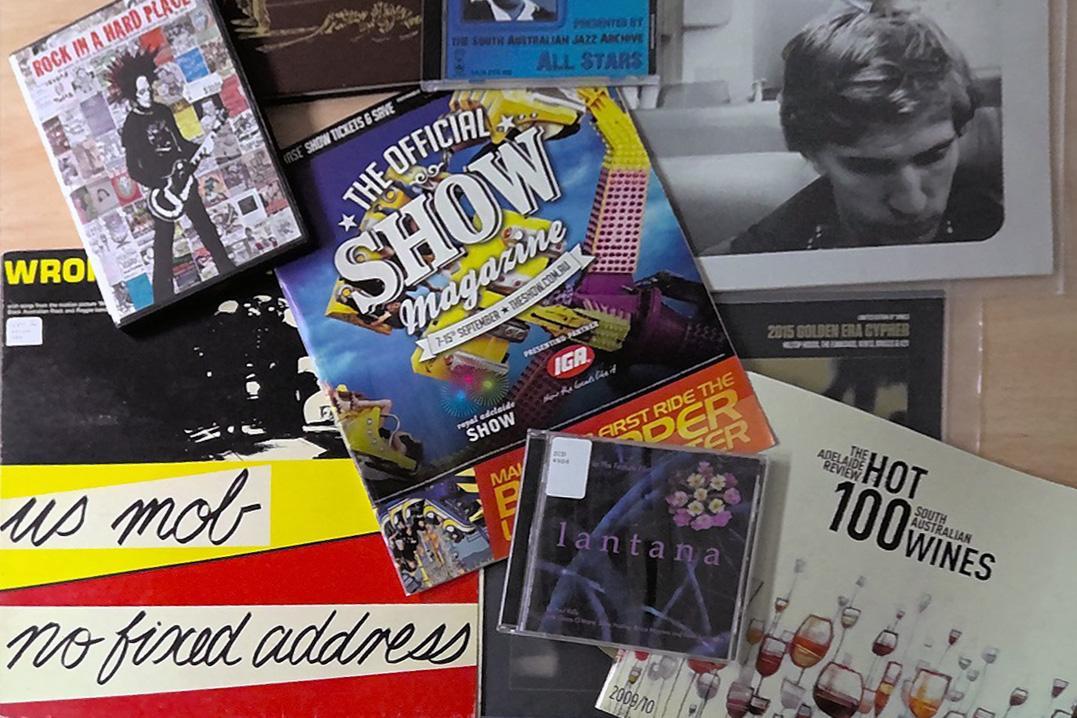
Legal deposit is a statutory provision that requires publishers to lodge copies of their publications with designated libraries. 'Publishers’ include commercial and government publishers, schools, societies, organisations, clubs, churches, associations, and private individuals.
Legal deposit helps the State Library collect the story of South Australia.
We asked Rachel from the Published Collections team to give us the low-down on how legal deposit works at the State Library.
What is the difference between legal deposit and other forms of library collecting?
Legal deposit applies to South Australian publications only, but not only those published in South Australia. We collect material that originates in South Australia or has a particular relevance to the state. One copy must be deposited with the State Library free of charge. This is part of the Library’s legislated function, and the items are held in perpetuity. The purpose of the South Australiana collection is to collect and preserve the stories of South Australia, its people, and its landscape.
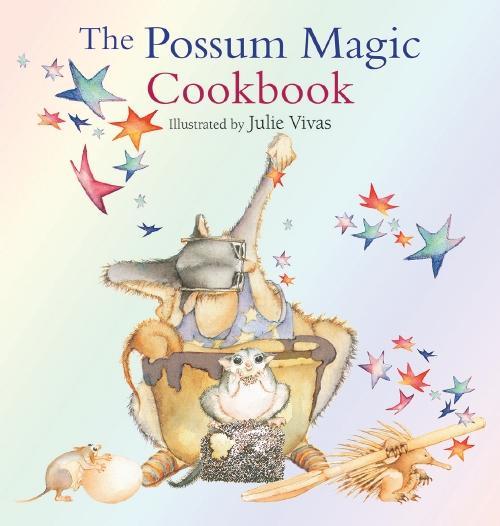
Other collections are acquired through purchase, donation, bequest funds and through the Friends of the State Library. These may not all be held in perpetuity.
What types of items are received and how?
The publisher delivers or deposits the item themselves or the Library asks for them. We receive all sorts! A non-exhaustive list - books, newspapers, magazines, journals, pamphlets, maps, music scores, CDs, cassettes, and DVDs.
We receive many publications electronically through National edeposit, known as NED - books, newspapers, magazines, journals, maps, and music scores.
A publication that is produced in electronic format (.epub, .mobi, .pdf, .geopdf, .tiff, .geotiff) should be deposited in NED.
Websites and music files cannot be deposited in NED at the moment. Websites are harvested using Pandora and the Library particularly targets websites with material about South Australian Aboriginal communities, organisations and individuals, the arts and multicultural communities.
Preliminary investigations are being made into collecting and preserving online South Australian music publishing. In the meantime, we seek South Australian music of all genres which has been published as CDs, cassettes or records.
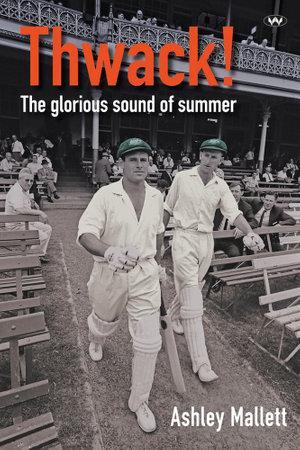
All physical items should be sent to the Library. See our page on Legal Deposit for details.
What does the Library do with the items when delivered?
First, we send a receipt, acknowledging that we’ve received the item and the legal deposit requirements have been fulfilled. After this, we have our crack team of cataloguers go to work – they describe the material, assign a Dewey Decimal number, and label the item. They then assess if conservation is required, and have it placed in the appropriate South Australia collection which is housed in the basement at North Terrace.
When customers wish to use physical items from our South Australia collection, a retrieval request is submitted, and our retrieval staff get to work. They deliver the material to the Somerville Reading Room in the Library where the customer can then use it.
If an electronic item from NED is needed, use will vary depending on the allowances the depositor has placed on the material. It may be that it is freely available via our catalogue, or it may be that the patron must be onsite at the State Library to use it.
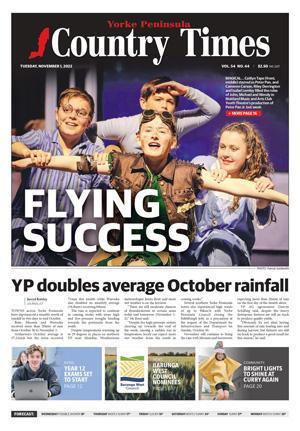
What are the benefits of legal deposit for the Library and for publishers?
For the Library, building a collection that will be there for future researchers about all aspects of South Australia – history, society, culture, and environment.
The benefit to publishers and creators is that their work is represented within the collection forever and as a snapshot of what is being created in South Australia.
How does the Library know about new SA published items and how can publishers help the Library?
Customers and staff tell us about new publications. Staff research various sources, including National Library information, publishers websites, public libraries, popular media, social media, and local bookshops. We never really switch off, the radar is always pinging.
Publishers and creators can help by depositing automatically without being asked. But please contact us if you need help.
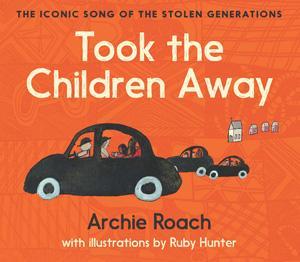
What is the most interesting part of working with legal deposit?
The breadth and range of subjects that people write about is as broad as the people in South Australia - town histories, sports (especially cricket and SANFL), biographies and autobiographies, children's books, and lots of fiction with romance and thrillers (not together) being heavily featured. We have a local writer whose erotica has been on the New York Times bestsellers list. This has been deposited on NED where a sensitivity rating and age restrictions can be applied.
Famous children’s authors, such as Mem Fox and Phil Cummings, are South Australian. It has been fascinating finding out how many famous Australians are from South Australia, or have close ties to the state, such as Archie Roach, Annabel Crabb, Shaun Micallef, and Paul McDermott.
The Library aims to collect a wide representation of subjects as well as types of materials. We obtain South Australian music through local record stores, but we would love to get CDs/cassettes/records from musicians as well, of all styles and genres.
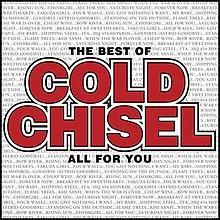
Written by Rachel Small, Published Collections Librarian